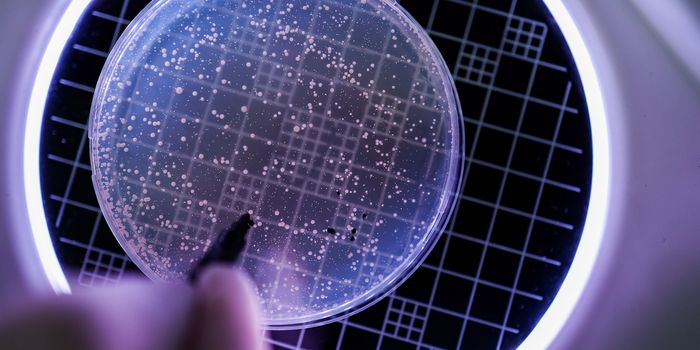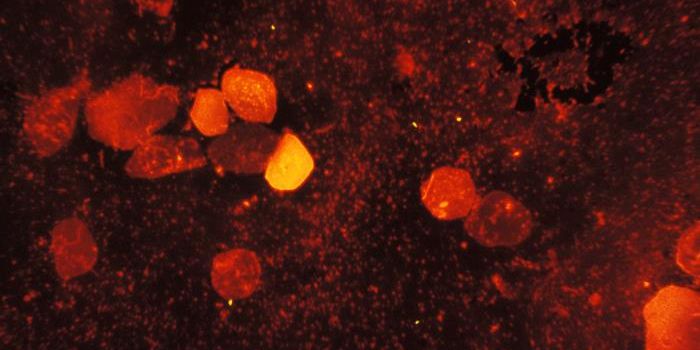3D-Printed Pipette Technology Advances Laboratory Testing
The need to design a simple and inexpensive laboratory method for medical tests has encouraged new technology developed by the University of Connecticut researchers.
The development is a 3D printed pipette-based technology which could make medical testing available in rural and remote areas where traditional methods are not always available. Although the new development still utilizes the enzyme-linked immunosorbent assay known as ELISA, it takes on a different route.
For more than three decades, ELISA was used to test a broad spectrum of biological samples for the diagnosis of everything from HIV to certain cancers, Lyme disease to pernicious anemia. A traditional ELISA test is performed on a 96 micro-wells where each well serves as a single testing unit that is treated with special agents. If the agent reacts with the sample, which is indicated through a color change, laboratory specialists can then analyze if a sample has the indicators of a particular disease or condition depending on the color intensity. Despite the accuracy and effectiveness, ELISA is expensive and requires intensive training.
Learn more about the ELISA:
"The ELISA washing techniques take forever," said research assistant Mohamed Sharafeldin, who is seeking a doctorate in chemistry. "It's very tough, especially in a lab like ours. We don't have those kind of fancy washing machines."
However, the new 3D-printed pipette-tip advances laboratory testing and provides solutions to the current issues of the traditional ELISA.
"We didn't want to make a big change in the traditional ELISA; we just made engineered, controlled changes," Sharafeldin said. "So, the basics are the same. We use the same antibodies at the same concentrations that they use with conventional or traditional ELISA, so we are using the same protocols. Anything that can be run by normal ELISA can be run by this, with the advantage of being less expensive, much faster and accessible."
Findings of the study was published in Analytical Chemistry.
Source: Science Daily









